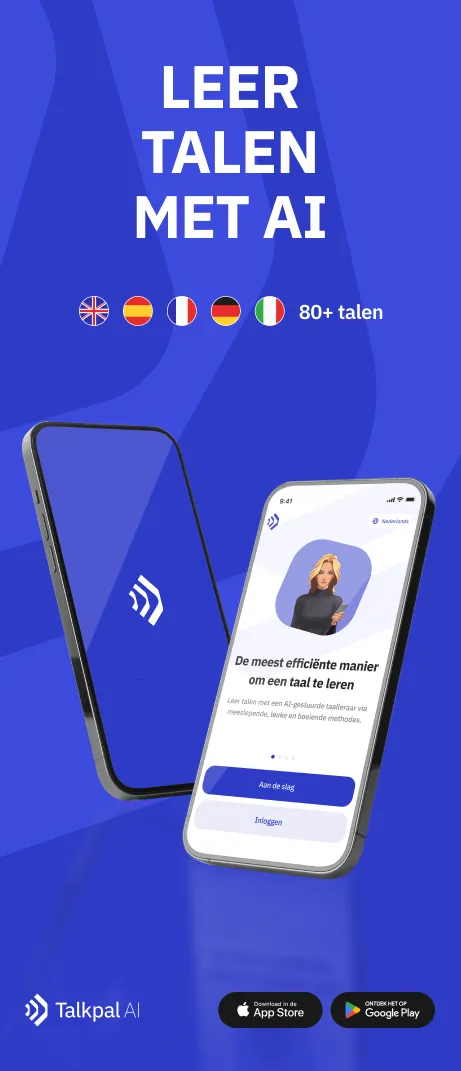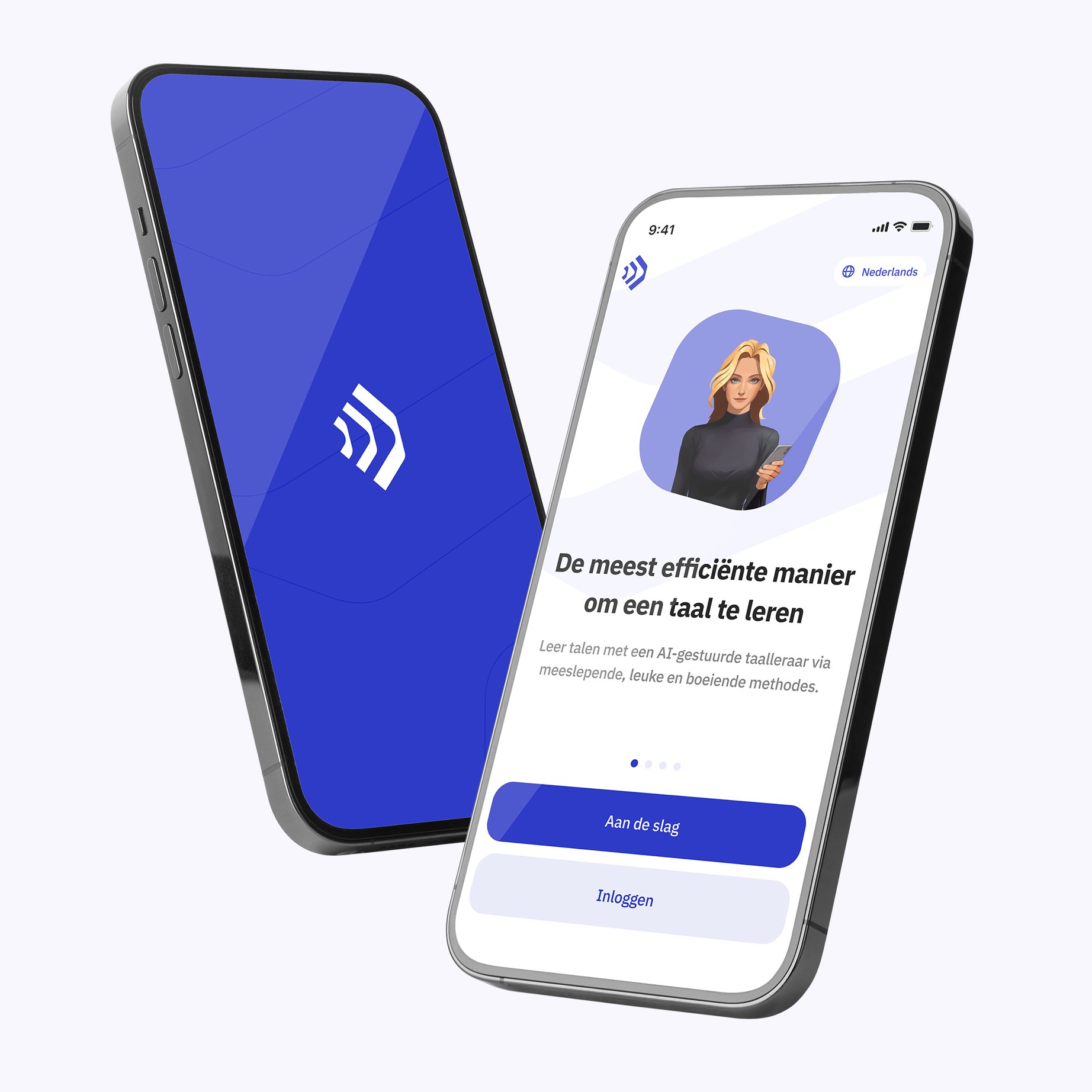In deze oefeningen gaan we ons concentreren op het correct vormen van omgekeerde voorwaardelijke zinnen in het Engels. Het herkennen en correct gebruiken van deze zinsconstructies zal helpen om je Engels naar een hoger niveau te tillen, zowel in geschreven als gesproken vorm. De zinnen die je gaat invullen, geven je de gelegenheid om je kennis over dit onderwerp te toetsen en te oefenen.
Exercise 1: Inverted Conditionals – Unreal Past Situations
Had I known you were coming, I would have baked a cake. (had I *known* [geweten])
Were you to arrive earlier, we could have gone to the museum together. (were you *to arrive* [aankomen])
Had he studied harder, he might have passed the exam. (had he *studied* [gestudeerd])
Should you need any assistance, please do not hesitate to call. (should you *need* [nodig hebben])
Had they left earlier, they wouldn’t have missed the flight. (had they *left* [vertrokken])
Were she to accept the job, she would have to move to a new city. (were she *to accept* [accepteren])
Had we understood the risks, we would never have taken the chance. (had we *understood* [begrepen])
Should he call, please let me know immediately. (should he *call* [opbellen])
Were it not for your help, I would have been lost. (were it not for *your help* [jouw hulp])
Had she not lied to me, I would still trust her. (had she not *lied* [gelogen])
Should it rain tomorrow, we will have to cancel the picnic. (should it *rain* [regenen])
Had you spoken to him, you would have understood his decision. (had you *spoken* [gesproken])
Were he to apologize, I would consider forgiving him. (were he *to apologize* [verontschuldigen])
Had they been aware of the terms, they might not have signed the contract. (had they *been* [geweest])
Should you encounter any problems, please contact support. (should you *encounter* [tegenkomen])
Exercise 2: Inverted Conditionals – Hypothetical Situations
Were I the manager, I would implement new policies. (were I *the manager* [de manager])
Had you told me earlier, I could have helped you. (had you *told* [verteld])
Were it possible, I would travel the world. (were it *possible* [mogelijk])
Had the team played better, they could have won the championship. (had the team *played* [gespeeld])
Should she win the lottery, she will buy a mansion. (should she *win* [winnen])
Were you to study law, you might become a great lawyer. (were you *to study* [studeren])
Had it not been for your support, I couldn’t have achieved this success. (had it not been for *your support* [jouw steun])
Should we not agree on the terms, the deal will fall through. (should we not *agree* [akkoord gaan])
Had they called us, we would have arrived on time. (had they *called* [gebeld])
Were it not so expensive, I would buy that car. (were it not so *expensive* [duur])
Should he not understand the question, he will ask for clarification. (should he not *understand* [begrijpen])
Had you asked me, I would have told you the truth. (had you *asked* [gevraagd])
Were it to snow tomorrow, we would build a snowman. (were it *to snow* [sneeuwen])
Had I not seen it with my own eyes, I would never have believed it. (had I not *seen* [gezien])
Should traffic be heavy, we will be delayed. (should traffic *be* [zijn])










